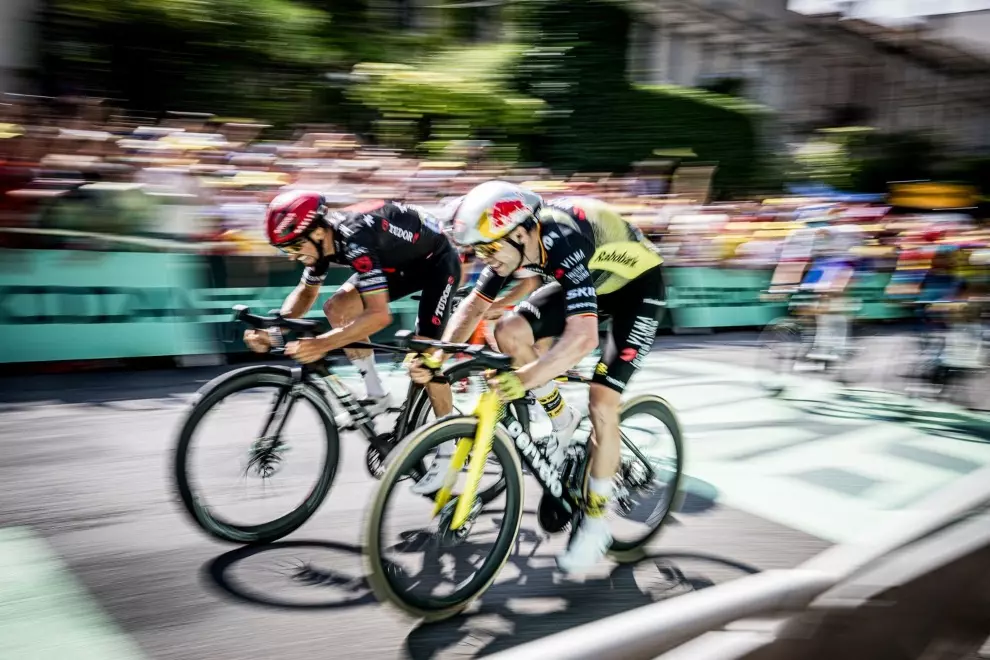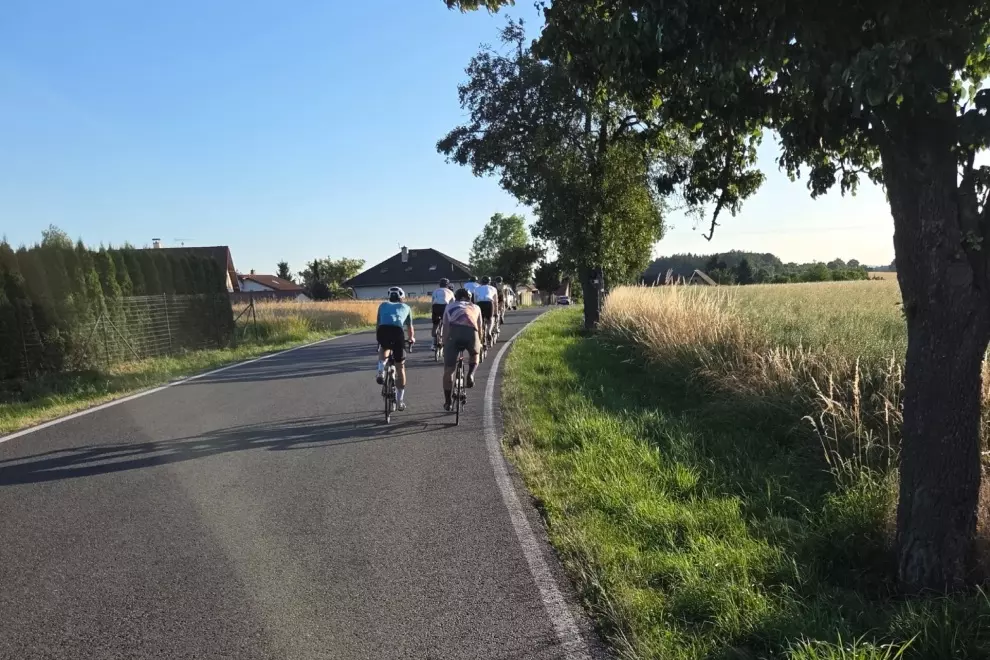That is the conclusion of an August 2023 report, titled “Diversity in the Cycling Industry,” published by the Bicycle Association, the trade association representing the UK cycle industry, in conjunction with WORK 180, Women in Cycling and Investing in Cycling. The report’s findings are based on the responses of 1,123 people from over 40 countries who took part in this International Perception Survey.
“Though many survey respondents felt positive overall about working in the industry,” the report declares, “the significant and worrying number of reports of unfair treatment, including bullying and harassment, by marginalised groups is a stark wake-up call to industry leaders.”
No fewer than 8 of 10 women taking part in the survey said they faced barriers in their careers in the cycling industry, and only 1 of 2 believe they are paid as much as men for performing the same duties. In addition, the report goes on to say, “The fact that one in two ethnic minority, non-heterosexual and disabled people have experienced unfair treatment due to these protected characteristics, that nearly half of those with accessibility needs at work have not disclosed these to their employer, and that just half of ethnic minority respondents feel free to be themselves at work (vs. 84% of white respondents), suggests an underlying culture that is – at best – indifferent to discrimination, exclusion and intolerance.”

As a young mixed ethnic and disabled woman working for a small supplier/manufacturer/brand in the UK put it, “I have experienced racism, classism, sexism, and disableism in abundance in this industry. My identity is always the first thing on the table rather than my experience and expertise. We need to develop a better culture.”
According to the report, 54% of female respondents (compared to 30% of males), 57% of non-white respondents (42% of white) and 67% of non-heterosexuals (40% of heterosexuals) said they had been made to feel uncomfortable because of their gender, ethnicity or sexual identity.
“The number of times I have been sexually harassed merely because I was one of few, or indeed the only woman in the mix, is only topped by the number of instances I have been discriminated against for being a woman in a ‘man’s environment’”, said a woman of early middle age working for a small supplier/manufacturer/brand in Asia.
Furthermore, 49% of women (22% of men), 50% of non-white (37% white) and 56% of non-heterosexuals (35% heterosexuals) have experienced unfair treatment in the industry because of their gender, ethnicity, age or sexual orientation. As a queer, non-binary person working for a small supplier/manufacturer/brand in the UK put it: “I am tired of fighting for respect in this industry.”
The consequences of this apparently systemic intolerance could have potentially dire consequences for the cycling industry. For example, 71% of women respondents said they were considering leaving the industry, compared to 40% in the auto industry. And only 20% of non-heterosexual people, 29% of women, 23% of those in ethnic minority groups and 22% with accessibility needs thought of themselves as having lifelong careers in the cycling industry, compared to 48% of men and 39% of whites.
This suggests that the cycling industry remains light years behind other sectors, which apparently have read the research that “shows that diverse, inclusive businesses are more successful at attracting and retaining the best talent, make better decisions, have more motivated teams and are more profitable,” as the report declares. Furthermore, the future growth of the cycling industry depends on persuading new groups of non-cycling consumers to buy into the bicycle as a clean, inexpensive and convenient mobility choice. These future consumers will largely belong to the very groups that now feel unwelcome in the industry. And as the report states, “Companies that recruit diversely, and reward employees equitably, are best placed to engage, convert and build loyalty among these new audiences, using their competitive advantage to grow sales and market share.”
The report includes seven measures the industry needs to implement to provide a welcoming and supportive environment for all people wishing to work in cycling:
- Lead an inclusive, anti-discriminatory culture
- Implement bullying and harassment policy and communicate to all employees
- Diversify leadership teams
- Make pay equitable
- Introduce flexible working and paid leave entitlements
- Offer mentoring and career development to all
- Give more visibility to women and marginalised groups.
Or, phrased more generally, the report recommends “that all cycle industry employers take proactive steps to establish an inclusive, anti-discriminatory culture in the workplace.”




